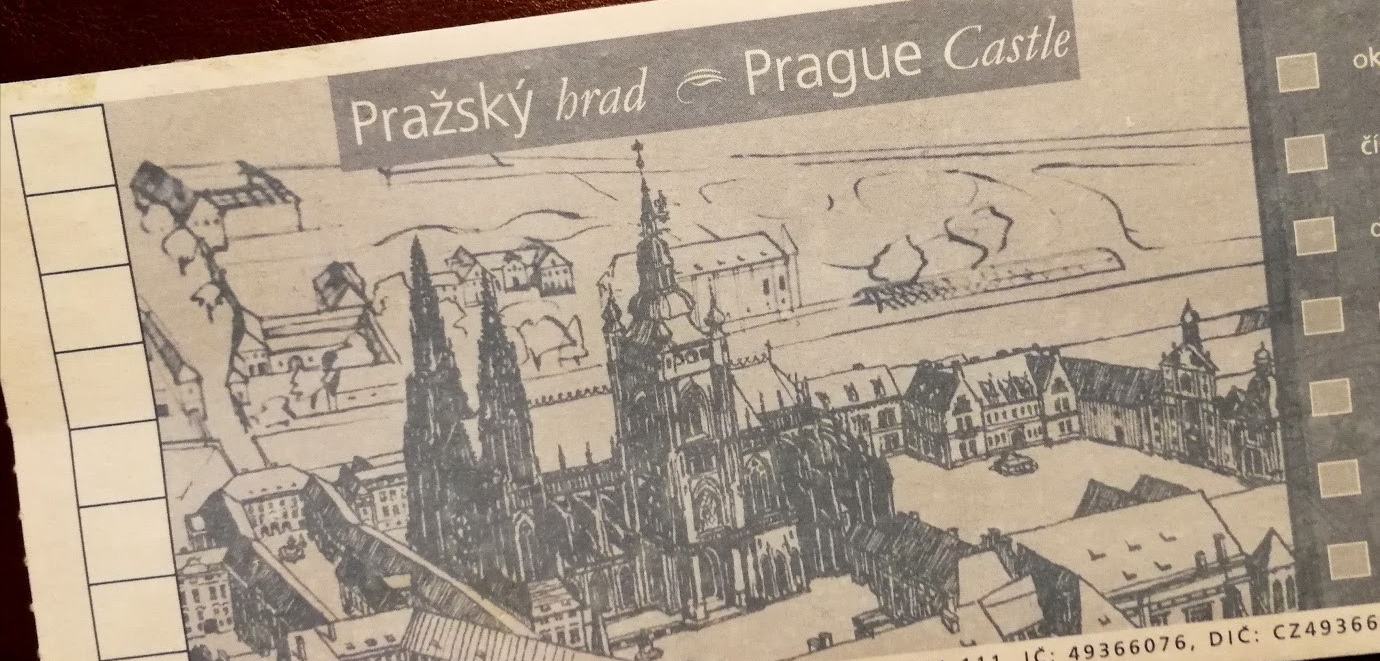I am always impressed by non-native speakers who take real pains to learn the ins and outs of English, and who get the details right in print and in conversation. It’s all the more frustrating, then, to come across repeat errors that seem ingrained in the culture.
Among the most common errors of Slavic speakers is the omitted article. French, German, Italian and Spanish all have a word for ‘the’, but for Czechs, Poles, Russians and others, there is no such word, so it is not uncommon to hear or read sentences such as ‘When you visit castle, you will see great historical artefacts’.
Even in sophisticated English translations, articles are regularly either omitted or incorrectly used. In Czech, the most common mistake we hear is actually an addition: ‘Visitors to the Prague Castle are kindly asked to show the ticket if requested’.
There are two problems here:
1) Prague Castle, following the rule of other such place-names (for example Windsor Castle), is already defined by its title ‘Prague’. There is only one such castle in the city, and it therefore needs no definite article. It would be like saying ‘The Queen lives in the Buckingham Palace’. Of course, if there is no title, then ‘the castle’ needs to be defined: ‘We are entering the first courtyard of the castle.’
2) ‘the ticket’ is also wrong, but in this case the error can be excused. After all, not any old ticket will do – surely it must be ‘the ticket’ that allows entry to the castle? Logically yes, but in the annoying idiom of English, ‘ticket’ behaves oddly.
Consider the following. Before you buy the ticket, it is undefined – just one of many tickets, so the indefinite article is fine (or in the plural, no article at all):
‘Tickets sold here’ (not ‘the tickets’)
‘A ticket must be shown as proof of purchase’ (not ‘the ticket’)
‘You must buy a ticket to enter the cathedral’ (not ‘the ticket’)
Once purchased, however, it becomes a specific ticket – yours:
‘Do you have the ticket that you bought?’ (not ‘a ticket’)
‘I’m sorry. The parking ticket (i.e. yours) expired at 6pm’ (not ‘a ticket’)
So in the original example, we would expect ‘the’, but it’s better to use a pronoun, ‘their tickets’, or simply the plural ‘tickets’, thus: ‘Visitors to Prague Castle are kindly asked to show their tickets if requested’.
All of which goes to show what a charming, but challenging, language English is. I take my hat off to all learners!

